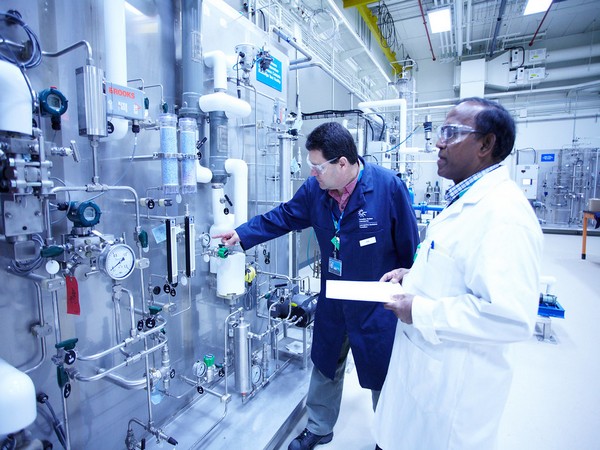Small Modular Reactor Regulators’ Forum publishes five new reports
The Forum has also produced a Summary Report, reflecting on all the work accomplished and highlighting the key findings.

The Small Modular Reactor Regulators’ Forum has published five new reports, where experienced regulators identify and address key challenges in this emerging field.
“The Forum’s reports continue to inform regulators worldwide on important challenges associated with SMRs and help them to adequately prepare for addressing those,” said Anna Hajduk Bradford, Director of the IAEA Division of Nuclear Installation Safety, adding that “the recommendations regarding the need for revising the existing, or developing new, publications on safety and security of SMRs contained in the Forum’s reports are consistently used by the IAEA to inform its programme of work.”
Four of the reports developed by the Small Modular Reactor Regulators’ Forum (SMR RF) working groups cover key areas, such as the importance of integrating security, safeguards and safety considerations at the early design stages; assessing the impact of the introduction of SMRs on the conduct of authorized activities by licensees, including small or new licensees; and addressing regulatory considerations for safety significant long-lead items, such as the reactor pressure vessel, occurring prior to the identification of a licensee. The Forum has also produced a Summary Report, reflecting on all the work accomplished and highlighting the key findings.
These reports were produced during Phase 3 (2021-2023) of the Forum’s work, and, in highlighting the work undertaken, the SMR RF Chairperson, Brian W. Smith, said: “I am proud of what the Forum has achieved during Phase 3. The recently published reports address challenges that are being, or soon will be, faced by many regulators, experienced and embarking alike. Furthermore, these reports provide common positions that can be useful to both the regulatory bodies and the industry involved in the development, deployment, and oversight of SMRs”.
“In its Pilot Phase 1 (2015-2017), the Forum’s work centred on issues such as the graded approach, defence-in-depth and the emergency planning zone, while in Phase 2 (2018-2020), its working groups considered the topics of the licensing process for new designs, the use of passive and inherent features in SMR designs, and manufacturability, supply chain management and commissioning of SMRs,” said Smith.
Disseminating the Forum’s outputs and enhancing regulatory capacity
Since 2021, the Forum has been conducting regional educational workshops on regulatory challenges in SMRs. The workshops are primarily targeted at regulatory bodies of countries embarking on a nuclear power programme or those expanding their nuclear power programmes and considering deployment of SMRs. One of the main objectives is capacity-building, as they aim to enhance the knowledge of regulatory bodies on challenges identified by the SMR RF in regulating SMRs and to provide guidance on the existing SMR-related requirements and regulatory practices related to these advanced technologies.
From 2021 to 2023, five workshops were conducted, with the latest ones in Morocco in October 2023 and in the Czech Republic in December 2023. The workshop in Morocco, hosted by the Moroccan Nuclear and Radiation Safety and Security Agency, was the first to be delivered in the French language, and the one in the Czech Republic, hosted by State Office for Nuclear Safety, was the largest to-date, with almost 40 participants from 18 countries.
The SMR RF workshops serve as an opportunity to stimulate exchange of information and experience between participants and lecturers from the Forum and from the IAEA, and, crucially, among the participants themselves.
“Given the growing interest in SMRs, this field is becoming increasingly dynamic. The recent workshop organized in Prague provided an opportunity to discuss the content of the Forum's reports,” said Dana Drábová, the Chairperson of the State Office for Nuclear Safety. She added: “Such events give a chance to actively participate in discussions on emerging issues with regulators already involved in pre-licensing of SMRs. Their experiences are invaluable, and we can learn considerably from them.”
Two further SMR RF workshops on regulatory challenges in SMRs based on the outcomes of all three phases of Forum’s work are to be held in October in Brazil and in December in India.
- READ MORE ON:
- Small Modular Reactor Regulators’ Forum
- Anna Hajduk Bradford
- IAEA










